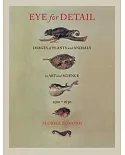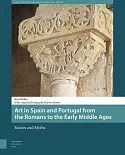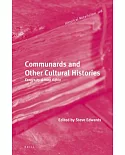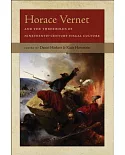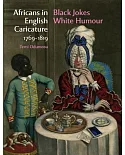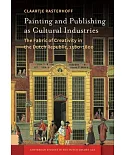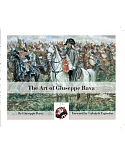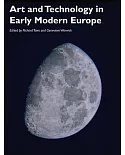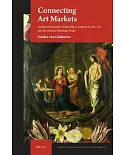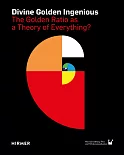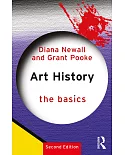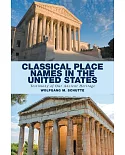Two systems of timekeeping were in concurrent use in Venice between 1582 and 1797. Government documents conformed to the Venetian year (beginning 1 March), church documents to the papal
year (from 1 January). Song and Season defines the many ways in which time was discussed, resolving a long-standing fuzziness imposed on studies of personnel, institutions, and
cultural dynamics by dating conflicts. It is in this context that the standardization of timekeeping coincided with the collapse of the dramma per musica and the rise of scripted
comedy and the opera buffa. Selfridge-Field discloses fascinating relationships between the musical stage and the cultures it served, such as the residues of medieval liturgical
feasts embedded in the theatrical year. Such associations were transmuted into lingering seasonal associations with specific dramatic genres. Interactions between culture and chronology
thus operated on both general and specific levels. Both are fundamental to understanding theatrical dynamics of the sixteenth to eighteenth centuries.



